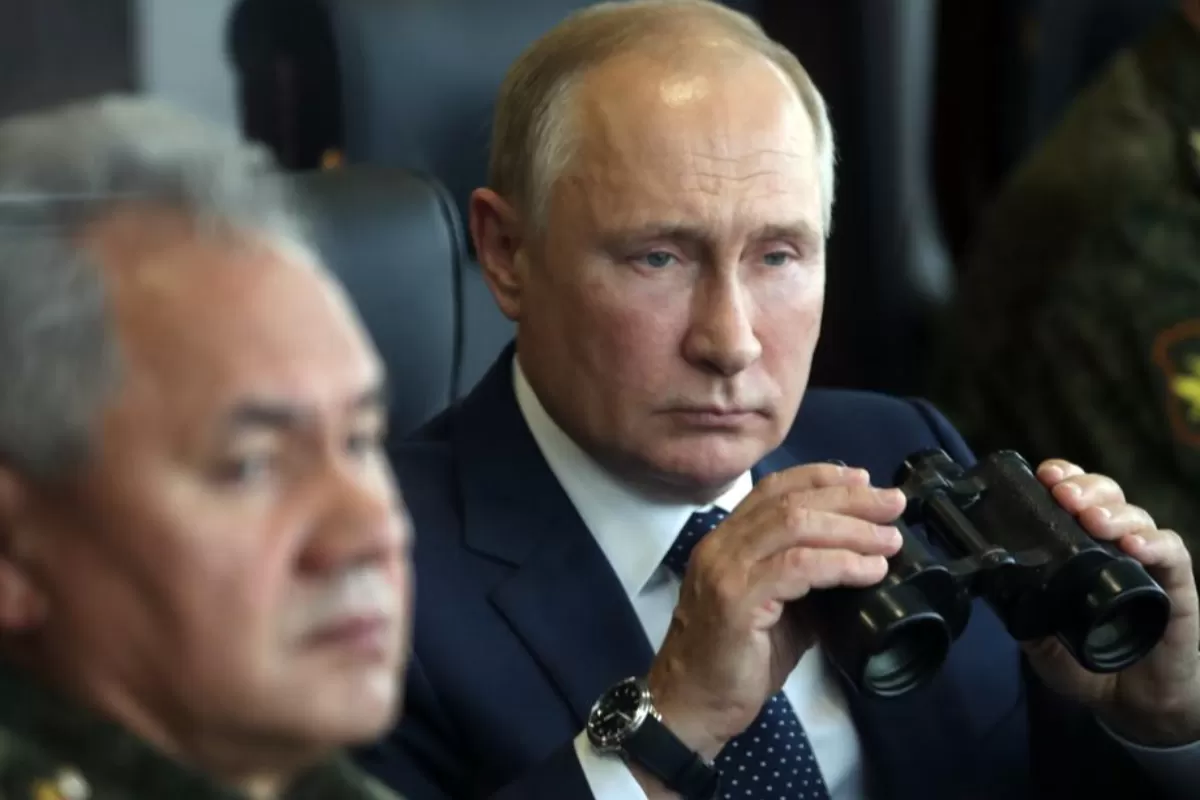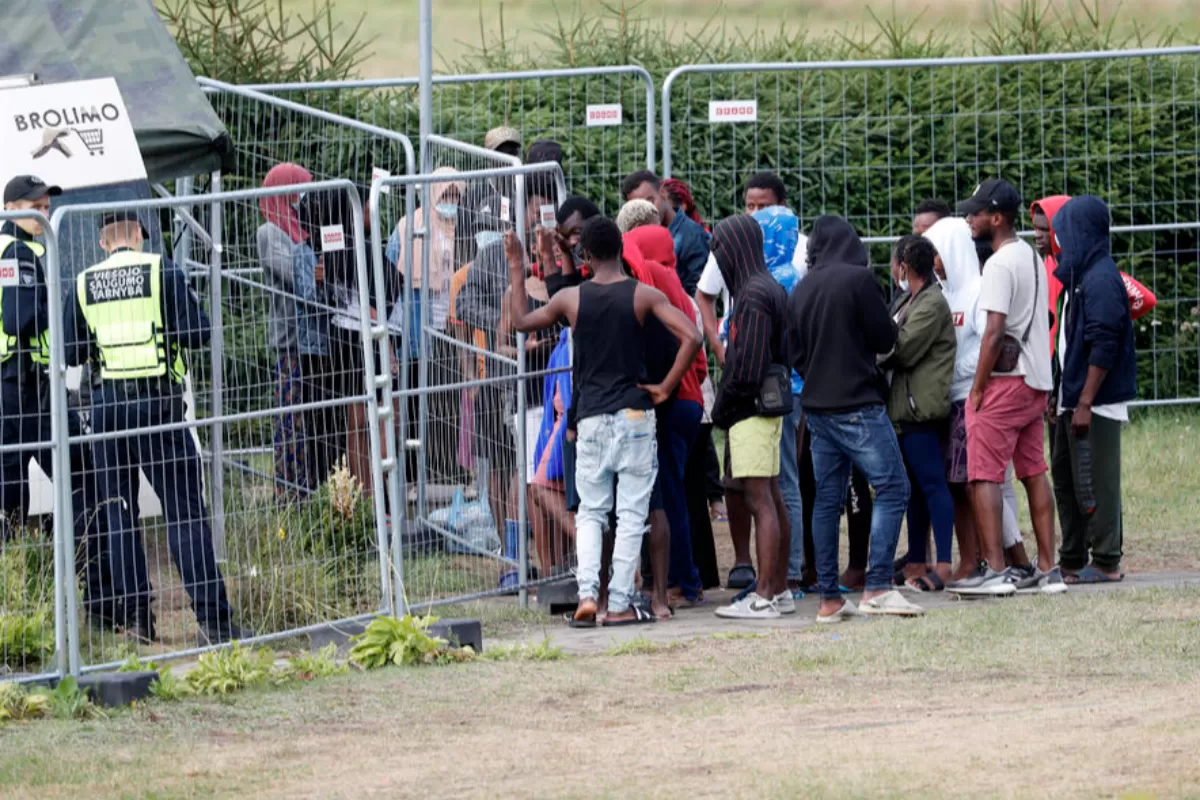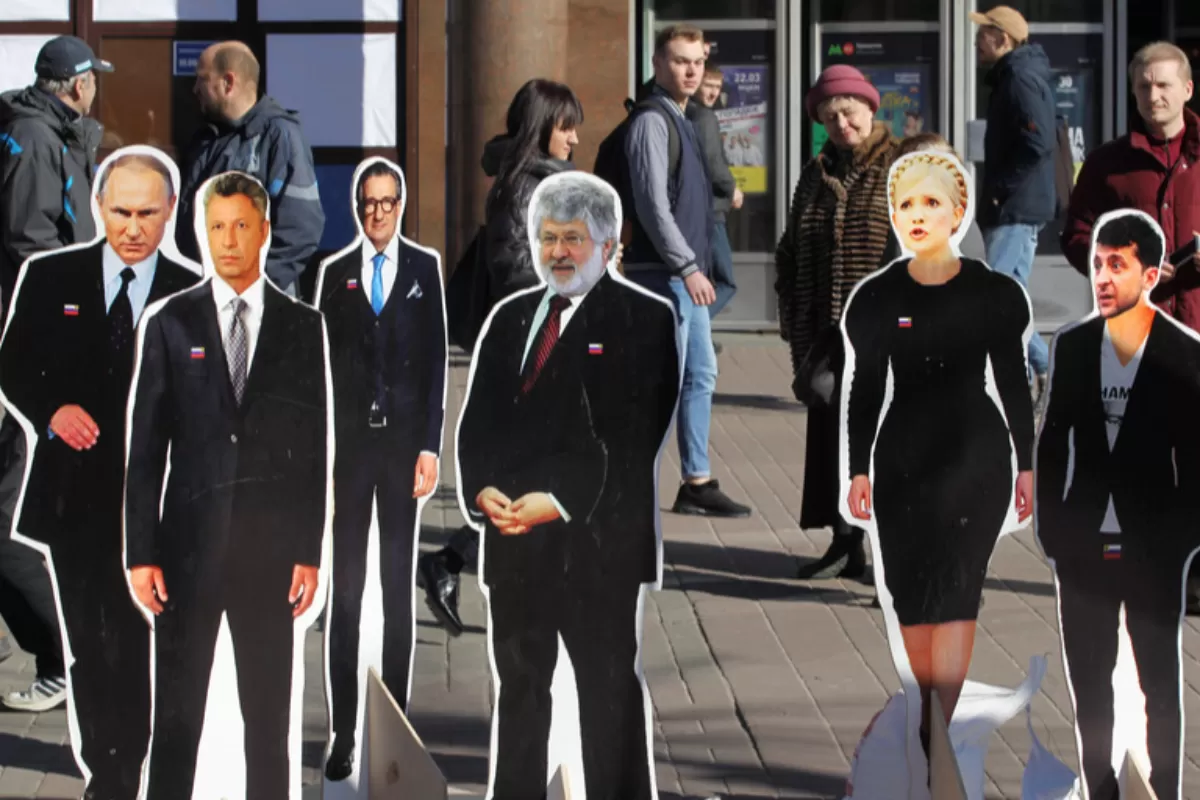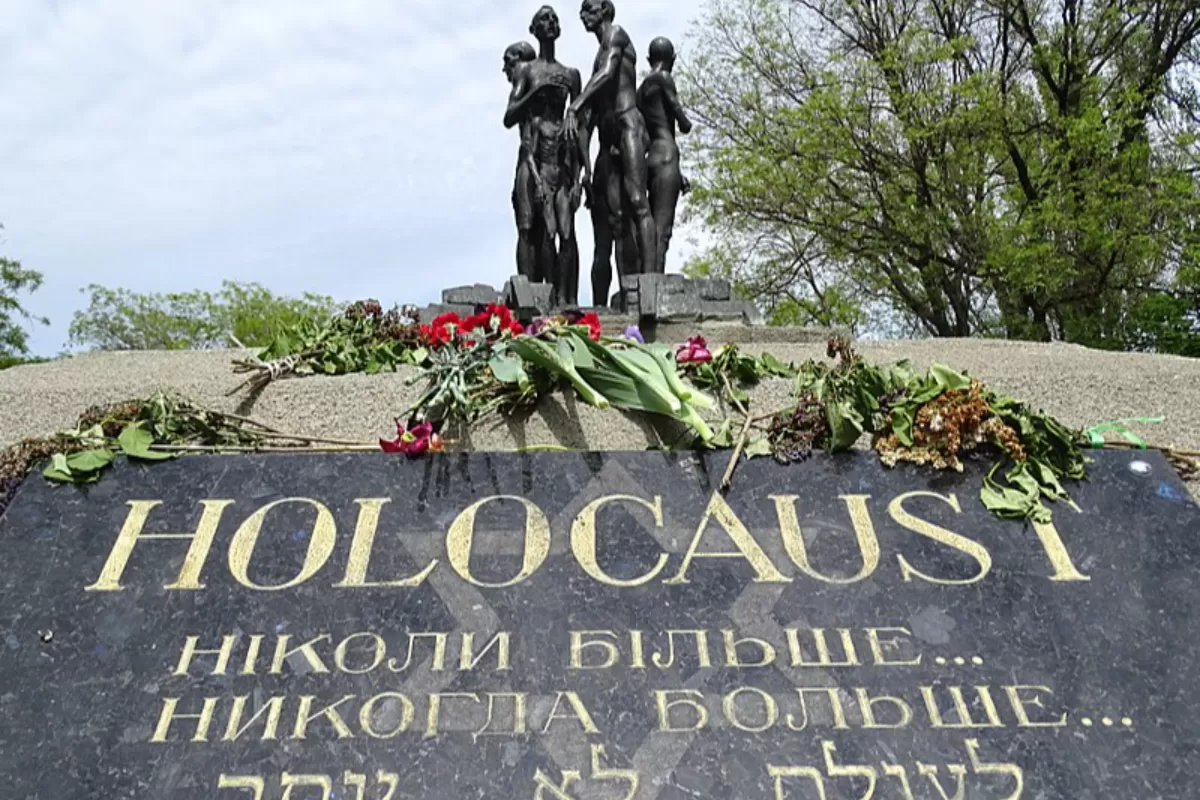
The European Council's decision to start accession negotiations with Ukraine and the Republic of Moldova and to grant candidate status to Georgia indicates Brussels' desire to play a more active role in foreign policy. There are several reasons for this.

Russia has traditionally used gas as a weapon, and Ukraine has been a traditional target of Kremlin’s energy aggression. The events of autumn 2021 in Europe invite us to have a look at the previous so-called “gas-wars” and their impact, in order to be able to better predict Russia’s future actions and understands its tactis and motivations.

The Russian-Belarusian exercise "Zapad-2021" has become the object of increased attention from the neighbors of the two countries. But this event on the military-political map of Europe was only used as a distraction by the Kremlin.

The refugee crisis that erupted in the summer on Belarus’ border with its western neighbors has several components. We are looking at new tactics in Russia's hybrid actions with the cynical use of an ally and the desire to strike at the most consistent criticisms of Russia.

The study of hybrid impact tools and technologies for their application is now becoming a necessity for most European countries. It should be understood that their application lasts long enough to form the basis of the study, and the need for countermeasures will remain relevant for many years.

The incident with the forced landing of a Ryanair plane and the detention of Roman Protasevich and Sofia Sapieha only forced the European Union and the United States to take more active action against Belarus. However, Russia is also on the trajectory of absorbing Belarus in the autumn of 2021.

The concentration of Russian troops near the borders of Ukraine, which began in late March 2021, was accompanied by what seemed to be an information-psychological operation to dehumanize the enemy. Despite the reduction of tensions after a number of events in the international arena, that technology deserves detailed analysis.

The world is actively looking for opportunities to use hybrid engines to protect the environment. However, in the Ukrainian version, the problem with electricity has primarily a political focus. Energy relations with Russia and Belarus confirm this.

Speculations on the historical memory are becoming Russia's primary weapon in the hybrid confrontation with European countries. They are directed at EU members as well as the Eastern Partnership countries.

The results of the US presidential election are forcing Russia to focus on its own hybrid efforts in the EU. Only there does Russia have a prospect of success. Only in the EU there is room for active maneuvers and a powerful pro-Russian lobby.